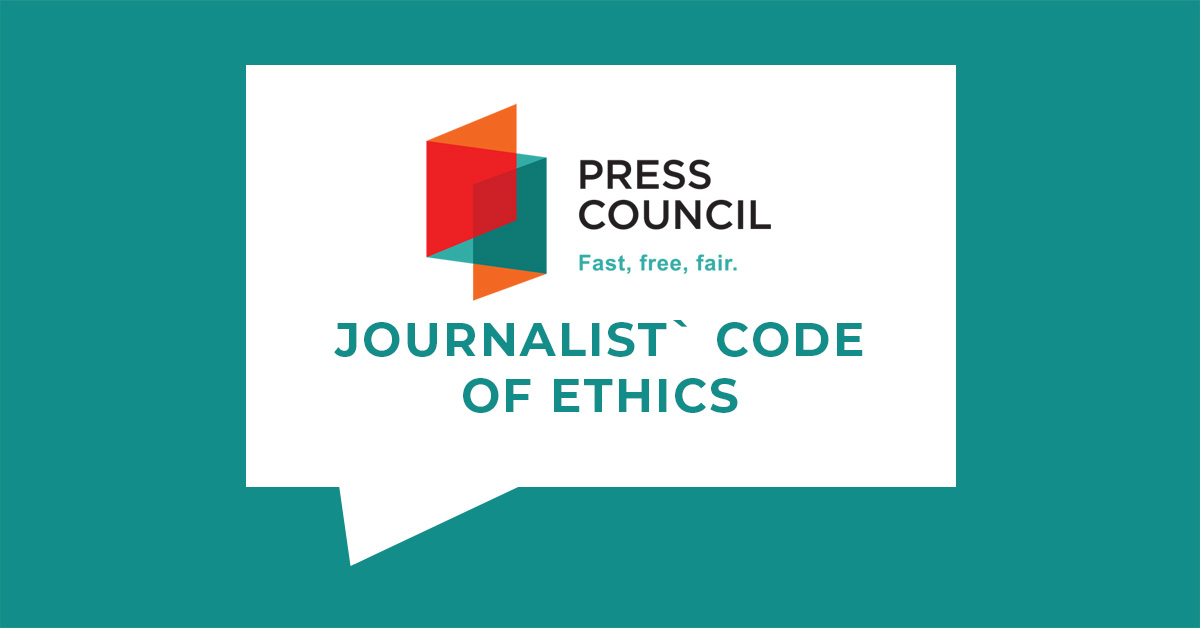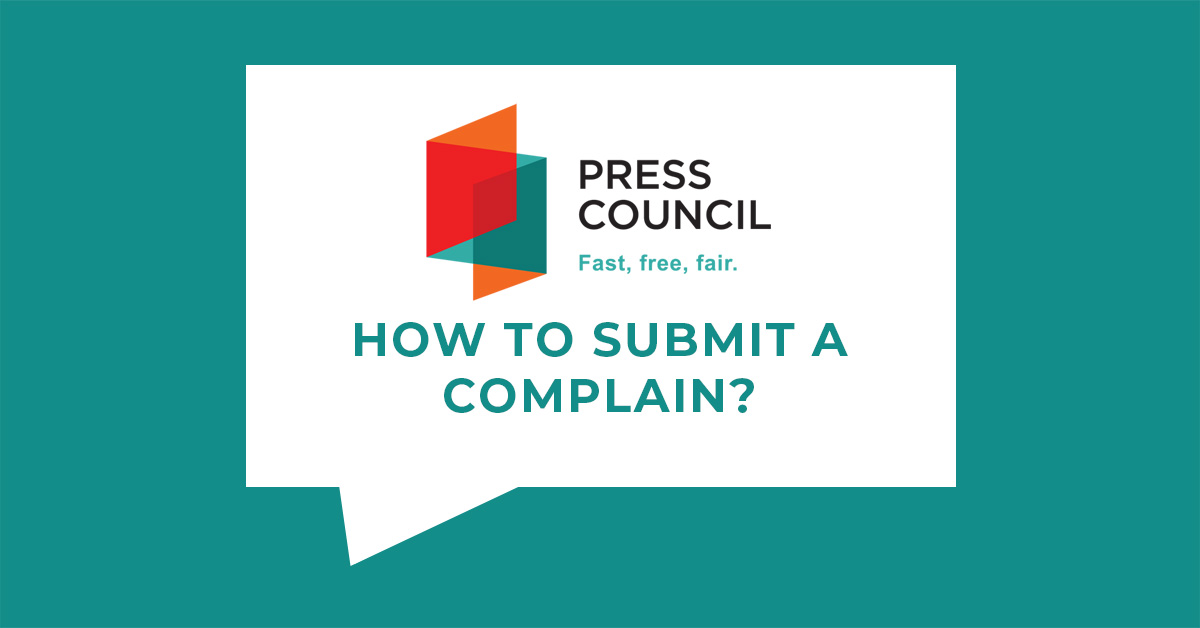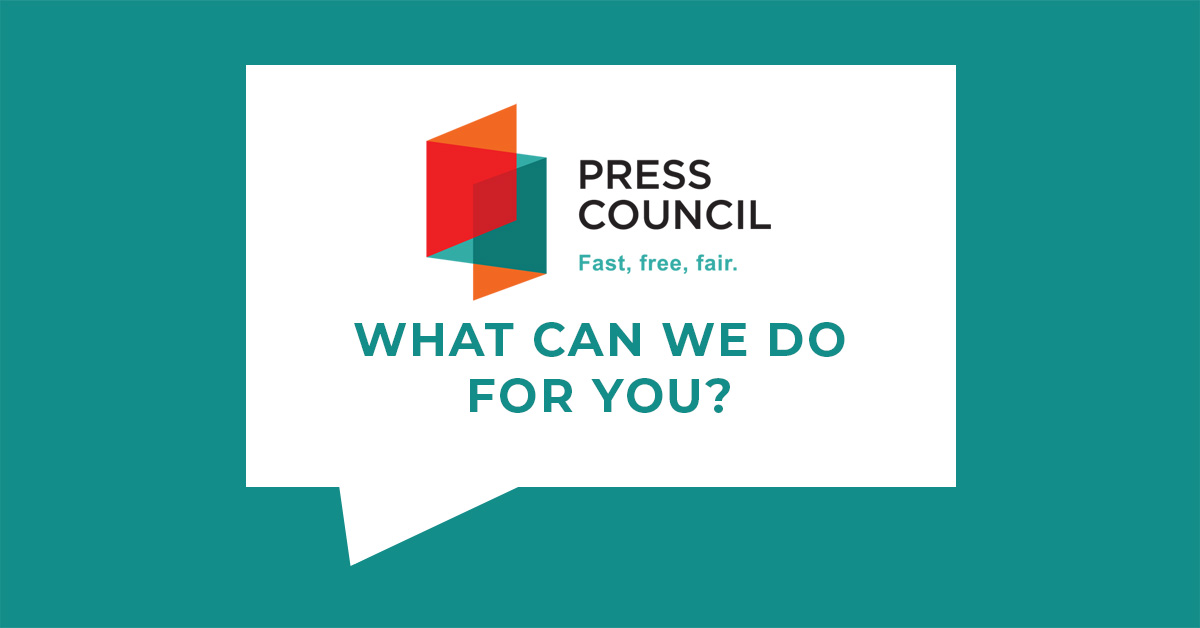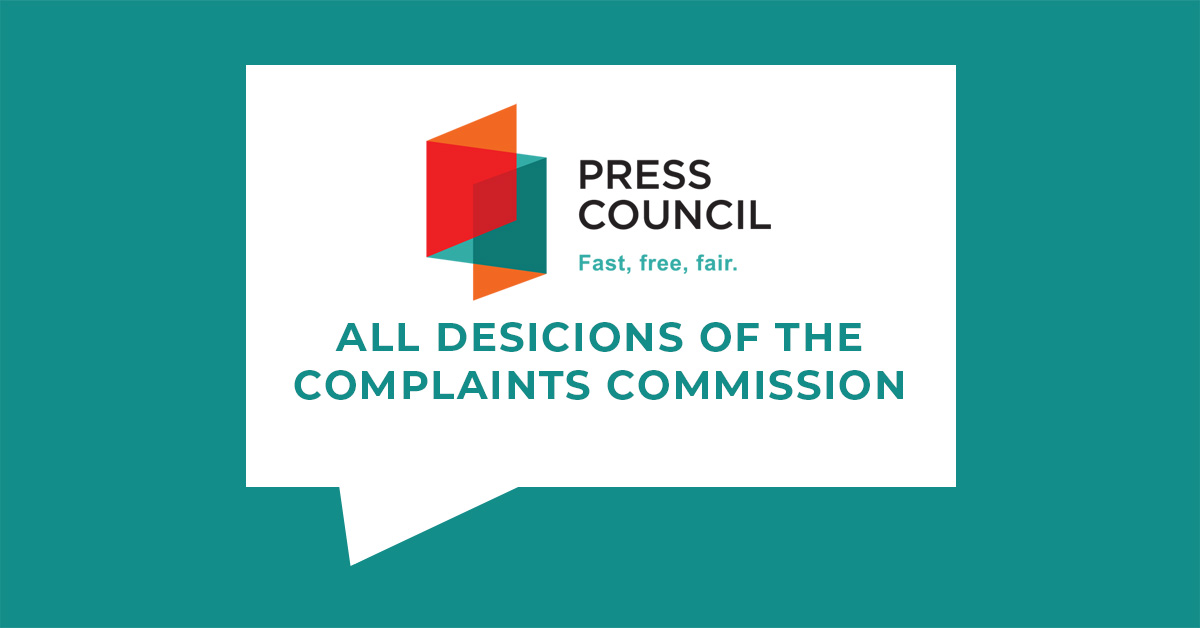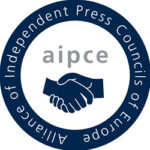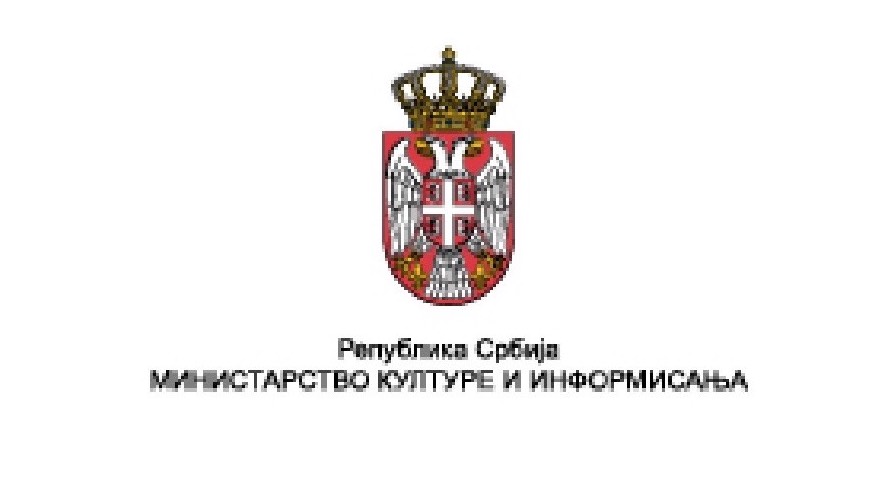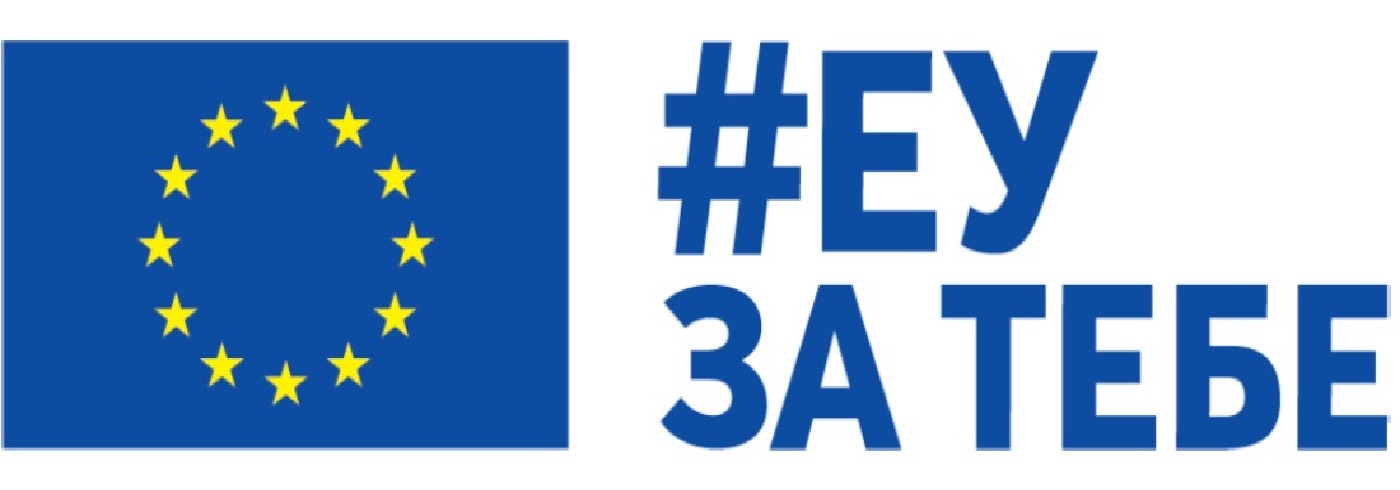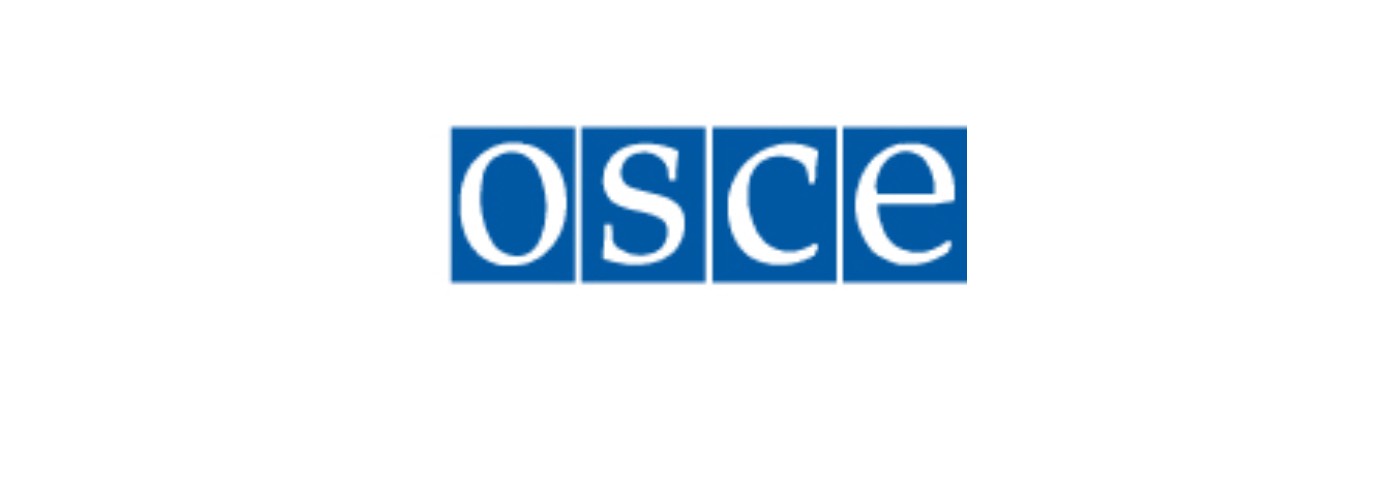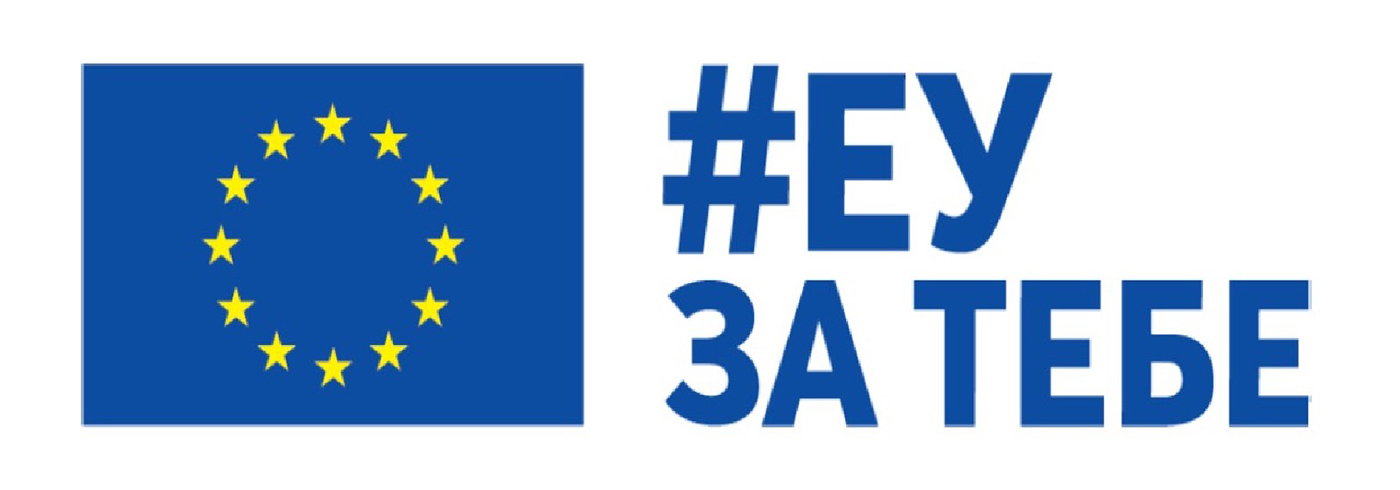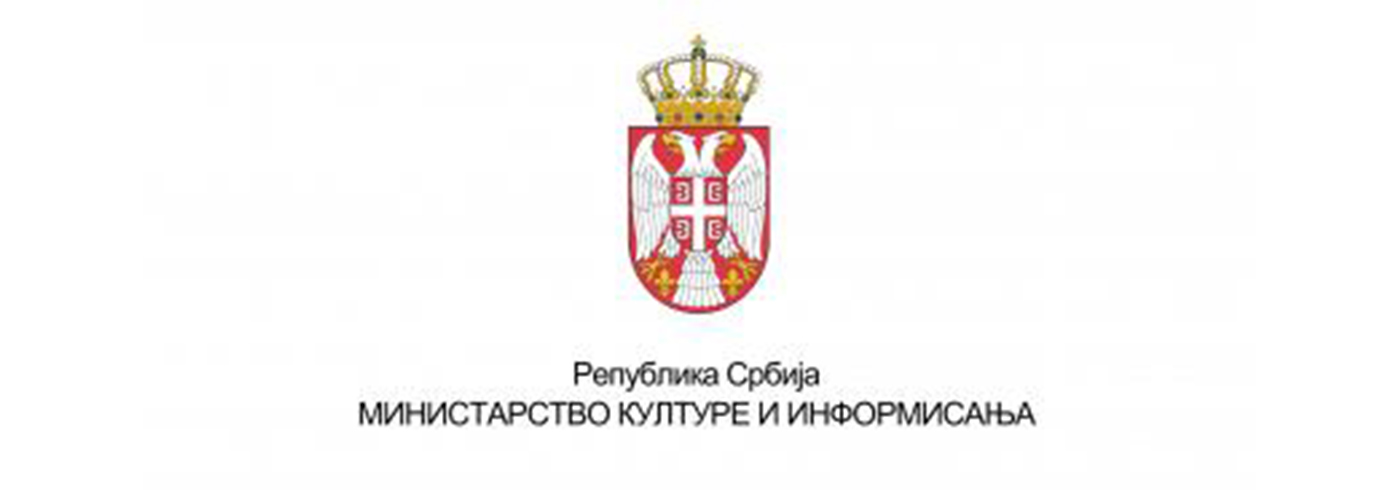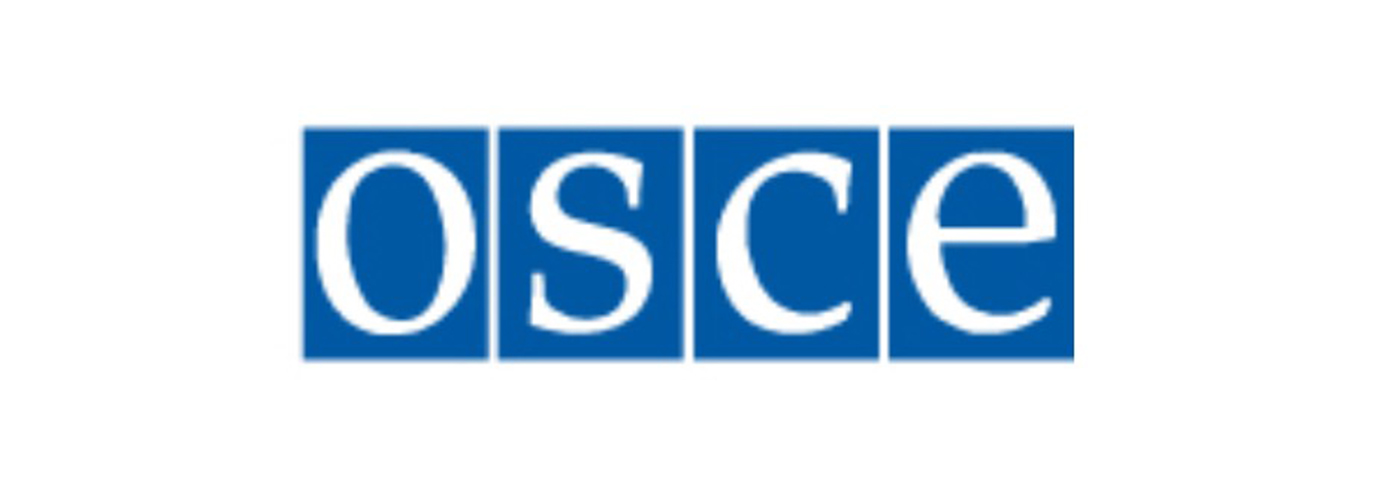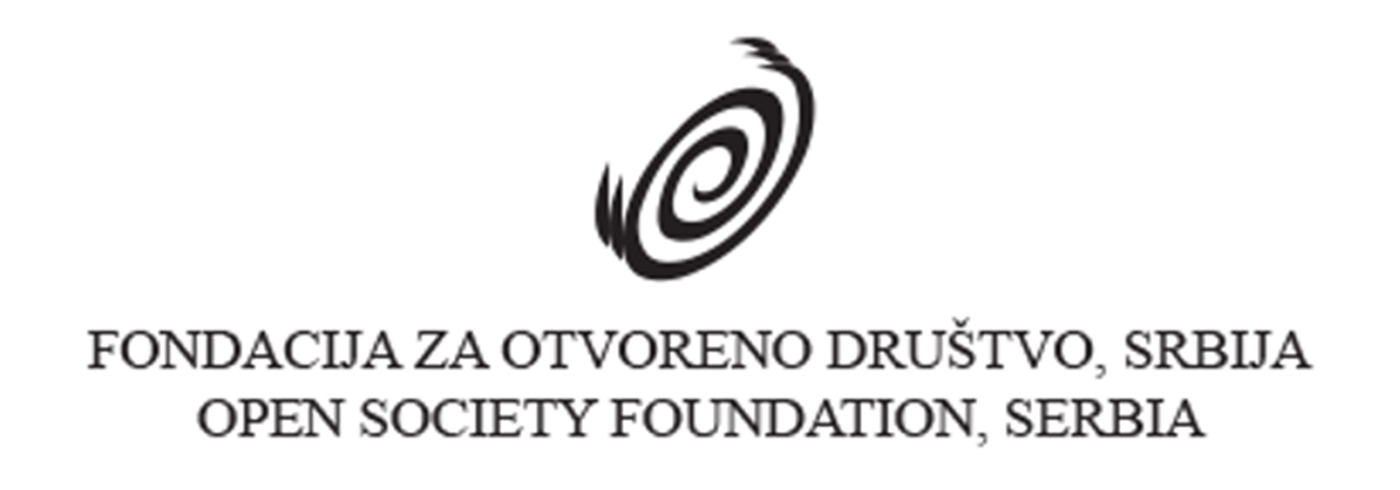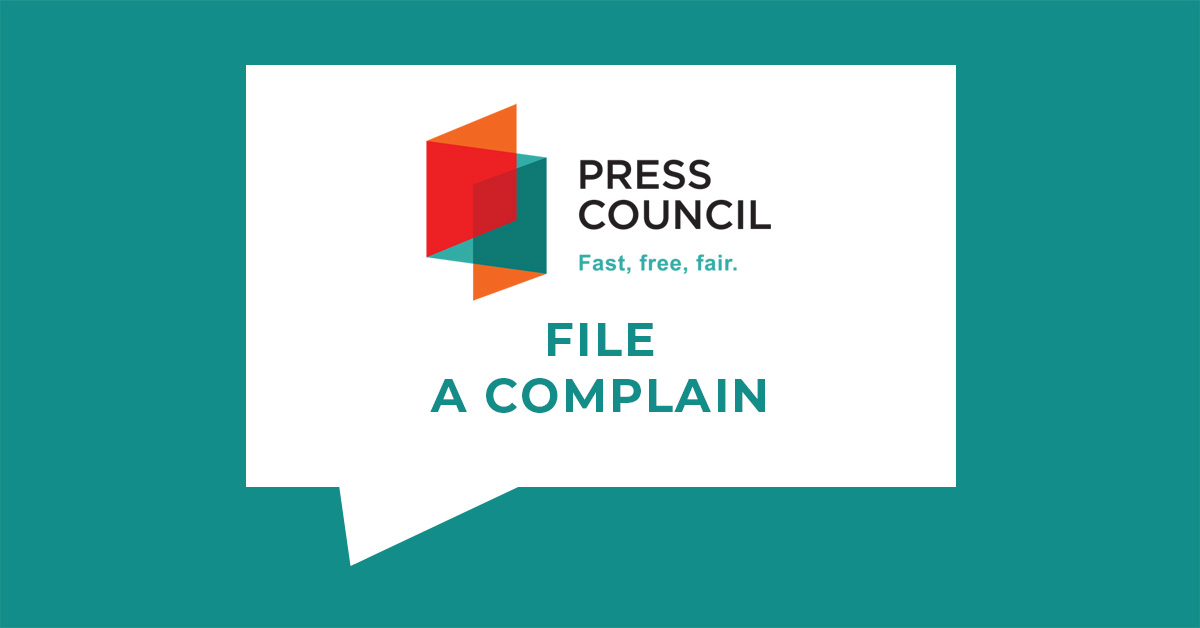Fast, free, fair.
CURRENT
Concerning Rise in Violations of the Journalists’ Code of Ethics
Daily newspapers in Serbia committed 30 percent more violations of the Journalists’ Code of Ethics in July than in the same month last year, according to the results of the July daily press monitoring.
In the first month of the regular six-month monitoring, which the Press Council has been conducting for 10 years, nine daily newspapers (Politika, Novosti, Danas, Blic, Nova, Alo, Kurir, Informer, and Srpski telegraf) violated the ethical code a total of 1,361 times. In the same period in 2024, the same newspapers recorded 959 violations.
The largest number of breaches of the Code, incomparably more than last year, relate to the first point of the first chapter of the Code – Truthfulness of Reporting.
The Press Council reminds all journalists and editors of the importance of adhering to the professional and ethical standards of journalism and points out the dangers of media content that is contrary to the basic principles set out in the Journalists’ Code of Ethics. Inaccurate and unprofessional reporting can lead to further escalation of tensions, the spread of hate speech and aggressive behavior, as well as the violation of the dignity and privacy of the people being written about – which is especially dangerous in times of social crisis.
Belgrade, 12 August 2025
Press Council
MEDIA LITERACY IS DEFENSE AGAINST FAKE NEWS: EXHIBITION IN E-GYMNASIUM NOVI SAD

On 12 June 2025, the Press Council opened an exhibition entitled “Media Literacy Against Fake News” at the eGymnasium in Novi Sad, designed as an interactive tool for educating high school students about contemporary challenges of information in the digital age.

The exhibition was presented to the students by Jadranka Marčok, director of the magazine “Ekolist”, and Marica Puškaš, editor of the electronic edition “eEkolist”. They pointed out the importance of critical thinking, recognizing fake news and understanding the rights that young people have as users and participants in the media space.
This traveling exhibition, intended for high schools across Serbia, was organized by the Press Council with the support of UNESCO and the European Union. The exhibition is designed in accordance with the school curriculum, more precisely the curriculum of the subject “Language, Media and Culture”, and the teachers use it as a supplementary teaching material for the development of media literacy among students.
The exhibition provides young people with information on basic media rights and ways to protect themselves from disinformation and abuse in the online space. So far, this educational setting has been seen by 8,490 high school students, and the content is also available online through the Press Council’s website: https://savetzastampu.rs/lat/totemi
In addition, the exhibition has its own Instagram page, where you can follow the news, impressions of students and the dates of the next visits: https://www.instagram.com/laznevestiizlozba
The Press Council, as a self-regulatory body, brings together publishers, owners of print and online media and professional journalists with the aim of monitoring compliance with the Journalists’ Code of Ethics of Serbia and resolving complaints from citizens and institutions about the content published in these media.
This exhibition is one of the ways in which the Press Council contributes to the development of critical thinking among young people and the promotion of responsible information in the digital era.
ABOUT US
The Press Council is an independent, self-regulatory body that brings together publishers, owners of print and online media, news agencies, and media professionals. It has been established for monitoring the observance of the Journalist’s Code of Ethics, solving complaints made by individuals and institutions related to media content. The Press Council is also authorized to mediate between aggrieved individuals, institutions, and editorial staff, and to pronounce public warnings in cases when determined that the violation of ethical standards as defined by the Journalist’s Code of Ethics has occurred. The Press Council is engaged in the education of media professionals to act in accordance with the Journalist’s Code of Ethics and works to strengthen the role of media in Serbia.
We strive for responsible and professional journalism. Our mission is to protect the citizens of Serbia from manipulation in print and online media and to raise the quality of journalism in Serbia. We’ll act in accordance with the Journalist’s Code of Ethics and our own conscience, in compliance with the law, and under the motto: Fast, free, fair!

